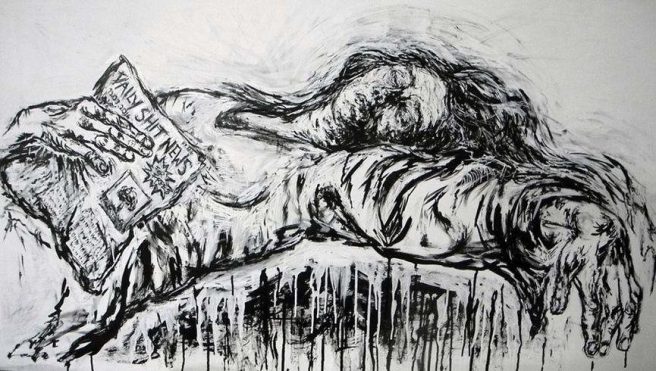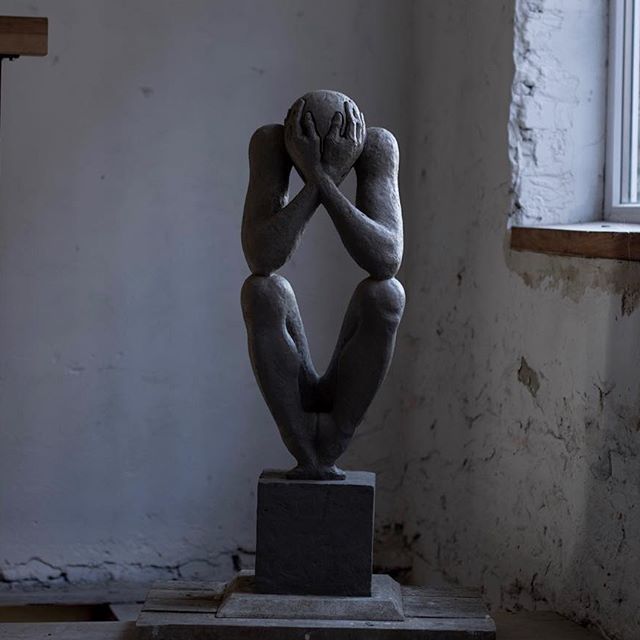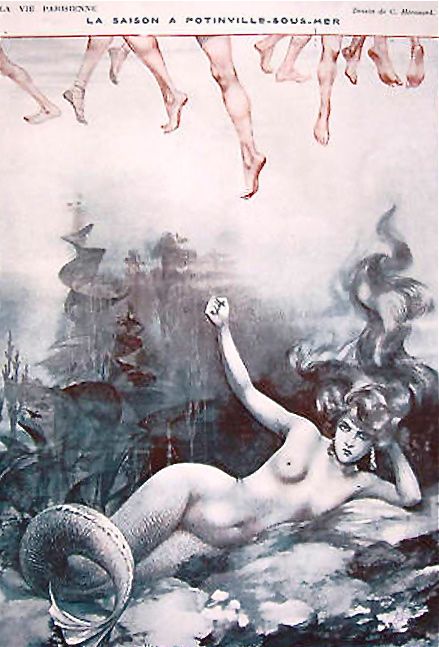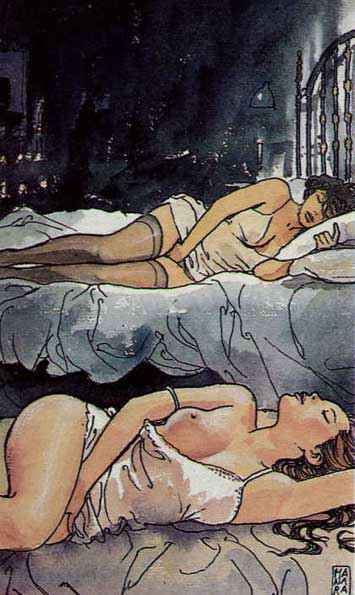With the majority of humans being in some level of isolation or quarantine, we are spending more time than ever online, and an unintentional side-effect of this is that we are seeing more images being created by the subject themselves, rather than through the lens of another person with their own set of intentions and bias. There has been a slow shift in the photographic landscape with the introduction of technology that is easy to use and easy to access. Everyone carries a phone that has more processing power and a better digital camera than ever before, user-friendly editing apps and cheap filmmaking programs. This ease of entry into image-making means that we get to see the subject as they see themselves, with their own creativity and emotion and intention at that given moment.
In this moment, the unadorned reality is that many people are facing an existential crisis, discovering who they are as a person when the pressure of being a productive member of society has lifted. People have the time to express themselves artistically, emotionally and sexually, and the platforms to connect digitally with others are being used more and more as a visual diary. A series of short videos such as the ‘don’t rush challenge’ is a prime example of this, people coming together within their community to create a transformation video of artistic expression. Even lingerie brands have joined this radical moment, with Agent Provocateur choosing a set of self-shot images by a model to showcase their latest season of offerings. This might seem minor, but it showcases the confidence that women, in particular, have when it comes to producing images of themselves in a way that has traditionally been left to a (usually male) professional photographer.
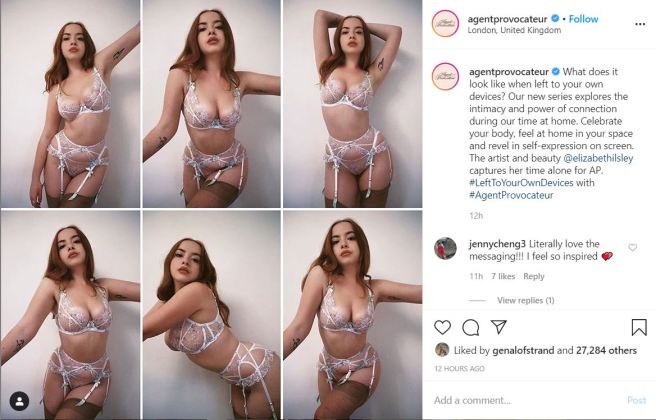
The other side effect of this cultural shift is the monetization of not only sexual labour and sexual images, but the emotional labour of women. Platforms such as OnlyFans and Manyvids has seen a dramatic rise in new profiles and new content being uploaded every day, not just by sex workers who would usually work in person and have moved online, but new faces to the sex industry as well. Forced by economic circumstances, more and more women are choosing to profit off their sexual labour. I admit, it makes me incredibly happy to see the normalization of sex work as a legitimate form of work, and I hope that this extends further into the community long after we have transitioned out of isolation. Emotional and non-sexual labour is also being monetized in ways that aren’t new, but the scale of which is going to be significant culturally in years to come. I don’t think it will be too much of a stretch to say that women will be more confident to charge for interactions with men that they feel are too one-sided and don’t benefit them.
Sorry not sorry, no one liked the “Hey baby u up?” messages to begin with, and I know I won’t be the last person to wish a swift death to fuckboys in the hellscape that is a women’s DMs.
So what does that mean in terms of women in the visual landscape moving forward? Taking back control of how women are viewed in the media, and in society, will begin with sex workers, as cultural shifts often do. But even considering the target market for these images is men who buy sexual services, the follow-on effect from this shift in gaze will trickle down into lingerie and clothing marketing (as sex workers have always been muses of civilian women, whether they care to admit to it or not), and then into popular media.
What that looks like is anyone’s guess, but I for one am here for the e-girl revolution.
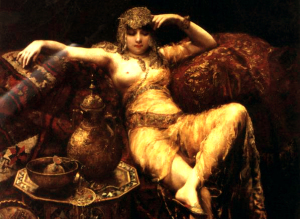
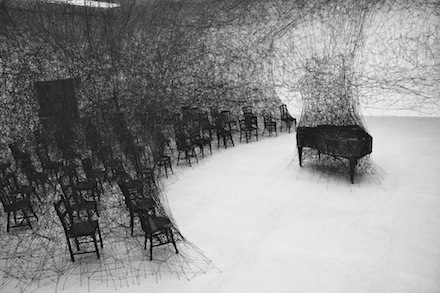
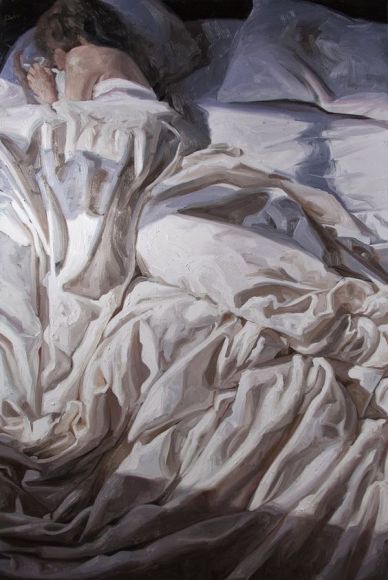
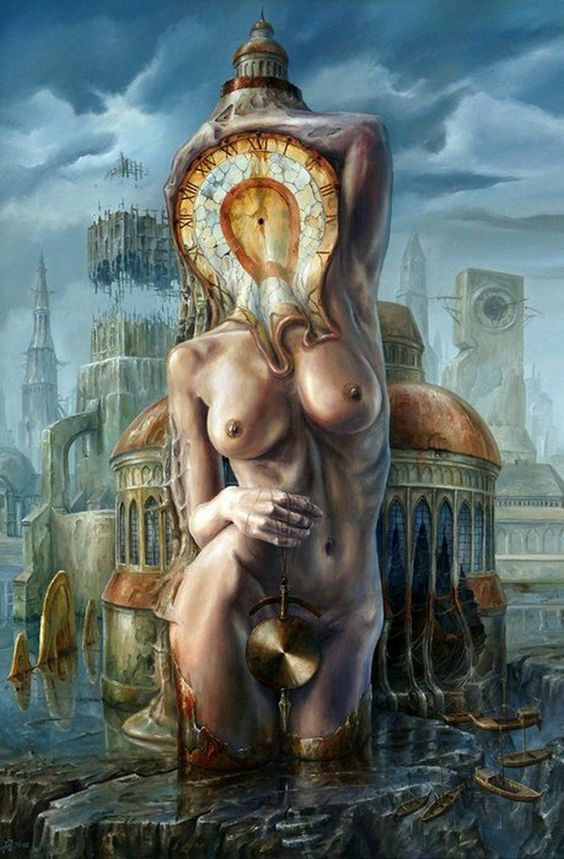
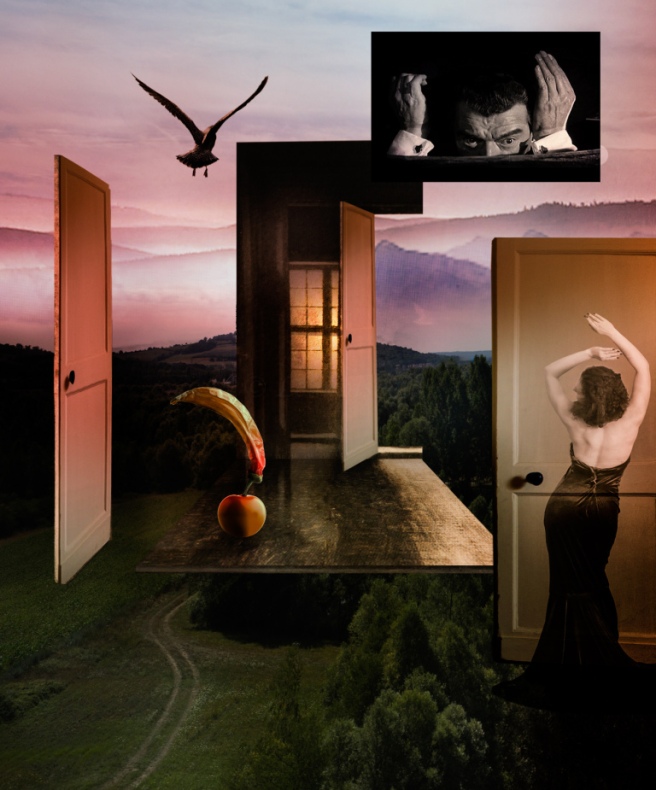 Photo post by @lemanshots.
Photo post by @lemanshots.